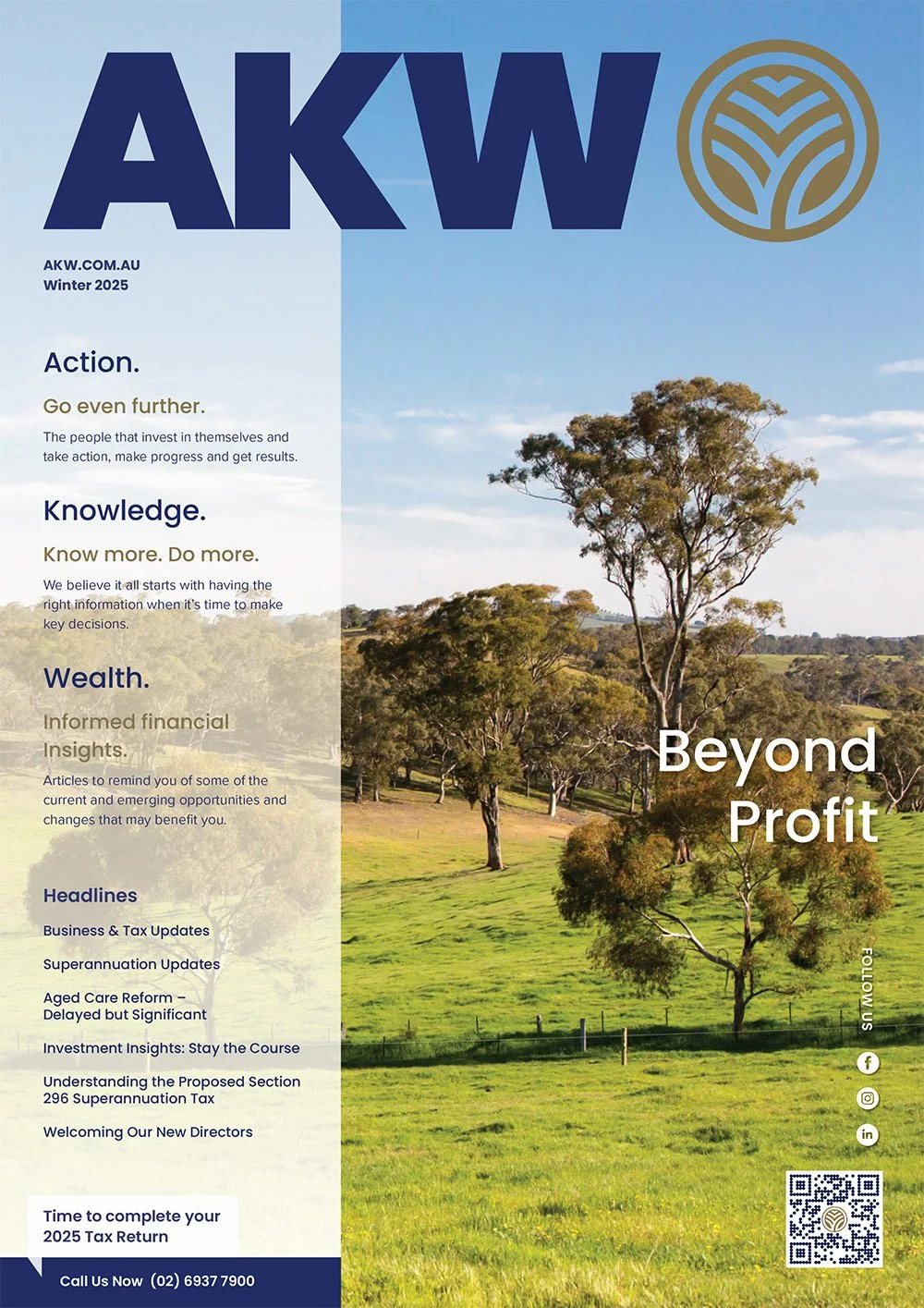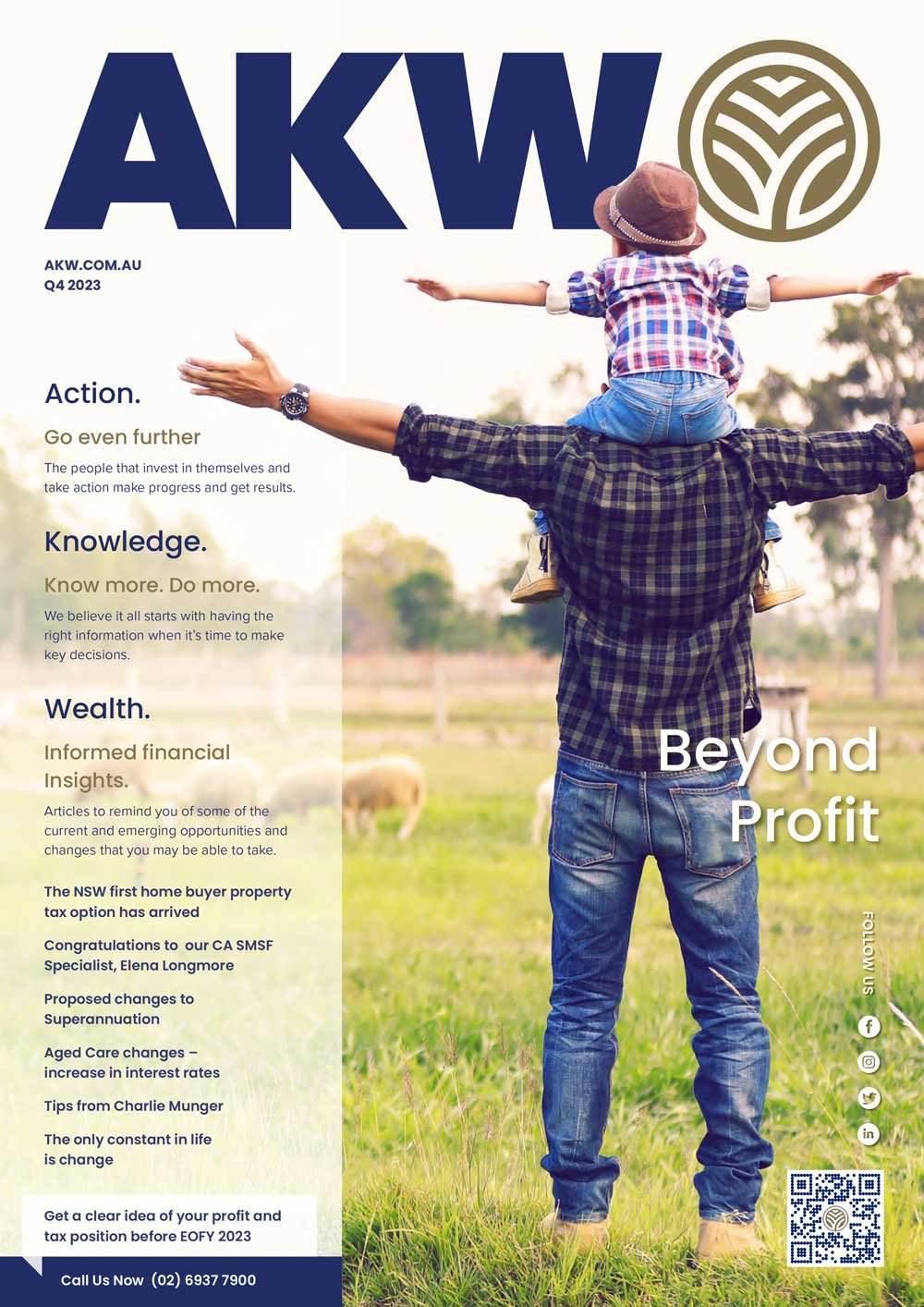Wealth and Happiness – It’s the simple things that matter
Last updated April 2023
Charles Dickens famously wrote in David Copperfield, 1850;
“Annual income twenty pounds, annual expenditure nineteen nineteen and six, result happiness. Annual income twenty pounds, annual expenditure twenty pounds ought and six, result misery.” I like this concept for two reasons, first is the idea that our happiness is linked to our ability to live within our means, more importantly, our acceptance of ‘enough’. Second, is the idea that perhaps our financial success is more dependant on our ability to manage our expenditure than how much we earn or our investment skills.
Morgan Housel demonstrated this second point well in his book The Psychology of Money with the argument
“wealth is just the accumulated leftovers after you spend what you take in. And since you can build wealth without a high income, but you have no chance of building wealth without a high savings rate, it’s clear which one matters more.” Once we have our spending under control and a consistent stream of surplus income, the simplest way to build wealth is to invest these savings for a positive return, compounded over many years, while managing costs and taxes.
Unfortunately, too many people focus on erroneous areas when it comes to investing, usually with the intention of building wealth overnight. This impatient approach to wealth creation often drives people to overextend themselves or invest in assets that have disproportionately high risk to expected return characteristics, cryptocurrency currently comes to mind!
We can all take a lesson from Warren Buffett, considered one of the greatest investors of our time, who wrote in the preface to the fourth edition of the Intelligent Investor;
“To invest successfully over a lifetime does not require a stratospheric IQ, unusual business insights, or inside information. What’s needed is a sound intellectual framework for making decisions and the ability to keep emotions from corroding that framework.” I have seen enormous benefit in the value a financial adviser can add in helping clients avoid emotional decisions and stay focused on their longer-term objectives.
Past performance provides great insight into the benefits of a long-term investment strategy. One dollar invested in 1970 in the MSCI World Index (with dividends reinvested), would have been worth eighty dollars by the end of 2020. While this doesn’t factor in potential investment costs or taxes, it remains a powerful illustration of the benefits of long-term compounded returns. It’s little wonder Albert Einstein referred to compound interest as the eighth wonder of the world. Keep in mind, the return above is simply the market return, investments aimed at mirroring the market index and providing the market return are available to us all, no specialised investment skills are required.
In summary, everyone has the opportunity to become wealthy since behaviour and discipline, applied consistently over time are the key criteria. For parents wondering what’s important for their kid’s future financial independence, I would say a solid understanding of basic financial concepts including managing expenditure, spending less than they earn, and the power of compounding returns is a huge advantage.
Written by Zachary Morden-Jones, AKW Financial Adviser
* Zachary Morden-Jones is an Authorised representative of Oreana Financial Services Pty Ltd, AFSL 482234. This advice may not be suitable to you because it contains general advice that has not been tailored to your personal circumstances. Please seek personal financial and tax/or legal advice prior to acting on this information. Past returns are not indicative of future returns.












